From China, with love and grief

Richard Bolisay from the Philippines, who took part in this year’s Critics Academy of the Locarno Festival, provides his insights into some of the Chinese entries at this year’s edition of the event, which ended at the weekend.
Locarno Festival has always been known for featuring a diverse range of films from all over the world, and this year has been exceptionally strong for Chinese-language films and works with strong ties with Chinese culture and people. What these films offer is not just a look into their nuanced lives but also a criticism of living in society filled with dread, anxiety, and longing, critical but also with occasional glimmers of hope and humour.
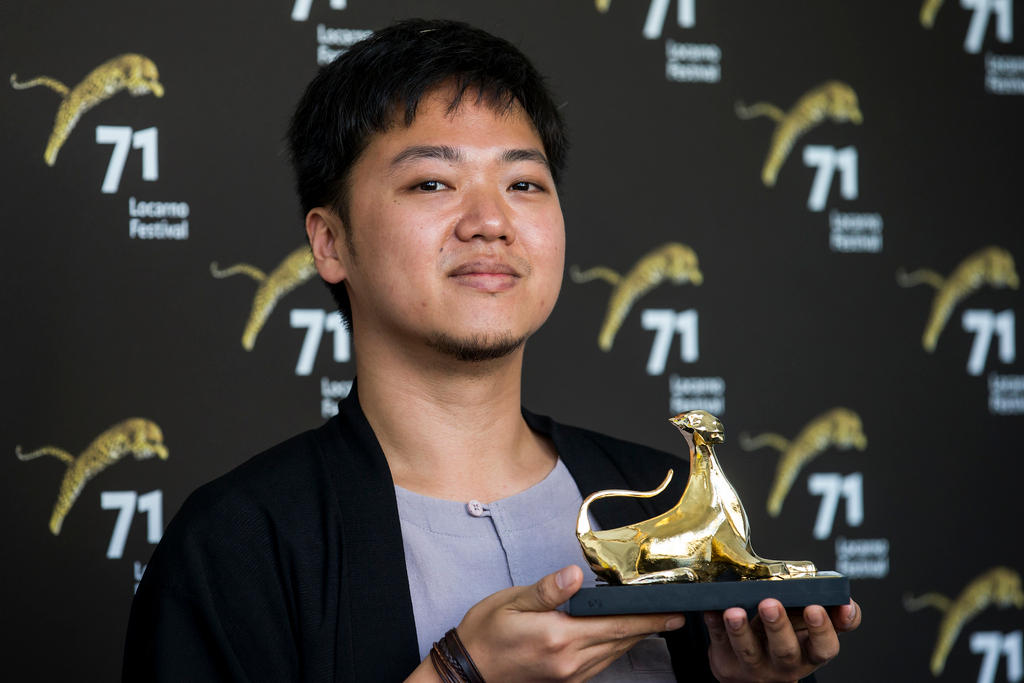
More
Golden Leopard heads to Singapore
The winner of the Pardo d’Oro this year is the Chinese-speaking Singaporean film A Land Imagined, whose central character, Wang, is a construction worker from China. Directed by Yeo Siew Hua, the film has a curious structure: It begins with two policemen looking for Wang and proceeds to show Wang before he goes missing, and then becomes something else in the third act, morphing as though the filmmaker himself has also gotten lost. This narrative design may not work all the time – at some point it feels like a maze with no exit in sight – but the film is rich in social context, teeming with insight into the lives of working class locals and immigrants, of people in the margins who cannot sleep and eventually disappear. A Land Imagined shows the side of Singapore that viewers and tourists do not often see: Beyond the fine city of extreme efficiency is this unidentified space in which identities are blurred and escapes, for those who normally cannot afford them, can sometimes be found.
An Elephant Sitting Still
One of the finest films released in the 2018 programme is the posthumous four-hour piece, An Elephant Sitting Still (Da xiang xi di er zuo), presented as part of the tribute to Pierre Rissient – maybe the most important film scout in Europe, and an important champion of modern Chinese cinema, who died this year. It is remarkable not only for its breadth and depth but also for the circumstances surrounding the death of its writer, director and editor Hu Bo, who committed suicide before completing it at the age of 29. Posing critical questions on the contradictions and complexities of living in modern-day China, the film is very dark, both literally and figuratively, and such bleakness does not falter until the end. This tone is complemented by the camera work, whose gliding, long takes and suggestions of intimacies contribute to the challenging viewing experience.
Driving the narrative is the four key characters (a teenager, a classmate, an older brother, and an elderly pensioner, each with its own demons to face) who are given sufficient time to develop and be convincing in their motivations and griefs. When they meet, as pairs, as threes, and finally altogether – as they make their curious journey to the city of Manzhouli (where the elephant referred to in the title is kept) – it feels like a culmination, one that is unforgettable for its emotional power, in which Hu renders hope as nothing but a bitter pill.
Man in the Well
Hu’s short film Man in the Well (Jing li de ren) also had its world premiere in the Signs of Life section. Like his full-length feature, it is shot in uncomfortable darkness, with its pair of kids mysteriously walking around and finding a corpse in what seems like an abandoned warehouse. In the synopsis of the film, it is said to be set during the apocalypse, and it is impossible not to feel it while watching it unfold.
Darkness is also a prominent motif in The Fragile House (Hai shang cheng shi), the debut of Lin Zi, which was awarded the Signs of Life prize for best film. Lin, however, plays with it through a creative use of space on the screen, filtered through different aspect ratios, confining the characters in squares as though connoting the conflicts they experience and emphasising their isolation. This technically driven storytelling is effective and disorienting at the same time: It succeeds in depicting the fragmentation and eventual collapse of a family caused by financial problems – and each character surrounding the mother (her husband, her sister, her son) is interesting for the discord he or she provides to the narrative – but the effect of this formal experimentation does not feel maximised. There seems to be a conscious effort of making it look ambivalent – mirroring the uncertainties of the family’s situation, and the larger social arc of their situation – and it can be argued that the resistance to tell the story conventionally is a display of defiance.
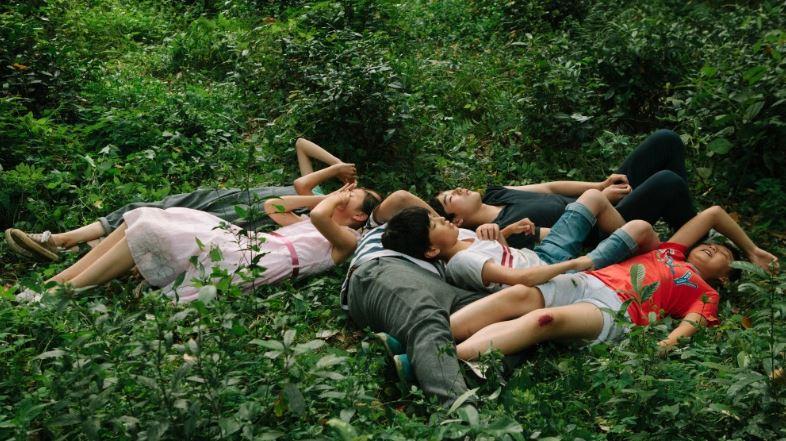
Suburban Birds
Two entries in the Concorso Cineasti del presente, a section dedicated to first and second films by emerging directors, focused on Chinese subjects, both of which are marked by their unflinching commitment to a style that shifts between poetic attempts at structure and narration. Suburban Birds (Jiao qu de niao) by Qiu Sheng tells two stories, one involving a group of engineers investigating the cause of a subsidence in a neighbourhood, and the other about a troop of kids in the same community driven by their childish adventures. As the film unfurls slowly, the audience is given clues that these stories are in fact connected, not just thematically but narratively, implying how childhood and adulthood, at their core, are pretty much the same thing.
On the other hand, Closing Time by the Swiss filmmaker Nicole Vögele is set in Taipei, where workers stay up late at night till the wee hours of the morning for business: diner owners, taxi drivers, tattoo artists, shop attendants, market sellers. The film is a showcase of their minds and souls, the working class allowing the city to function because they are expected to. In this beautifully structured film, Vögele uses poetic images that occupy the nocturnal time and space, the old and young, the people and animals, the plants and insects, the presence and absence, the light and darkness, the movement and stillness, the music and silence. It is an elegiac work of intense beauty that never for a moment becomes pointlessly indulgent.
A Family Tour
One of the highlights in the Concorso internazionale was the return to Locarno of the Chinese filmmaker Ying Liang, who won the Pardo for best director in 2012. His latest film, A Family Tour, is about a female director who is forced to live in exile in Hong Kong after one of her films angered the Chinese authorities. This means her ties with her family is limited – hence when she gets invited to a film festival in Taiwan she arranges a touristic tour for her sick mother so they can see each other surreptitiously. The film goes beyond depicting her frustration and helplessness about the situation and towards criticising the government and society whose arms of repression are consistently at work. Ying takes his time in presenting her predicament, allowing details to be revealed in smaller pieces, until towards the end the viewer also feels the heaviness she feels and the dread she cannot overcome. A Family Tour is a sad portrait but also an angry one, and more than the genuineness of its filmmaking, which one can easily sense at the onset, it is the courage, the alignment of the personal life with the political, that makes it exceptional.
Richard Bolisay was one of 11 young film critics from Switzerland and abroad selected for the Critics Academy of the Locarno Festival.
This year, swissinfo.ch was one of the media partners of the Academy, along with:

In compliance with the JTI standards
More: SWI swissinfo.ch certified by the Journalism Trust Initiative
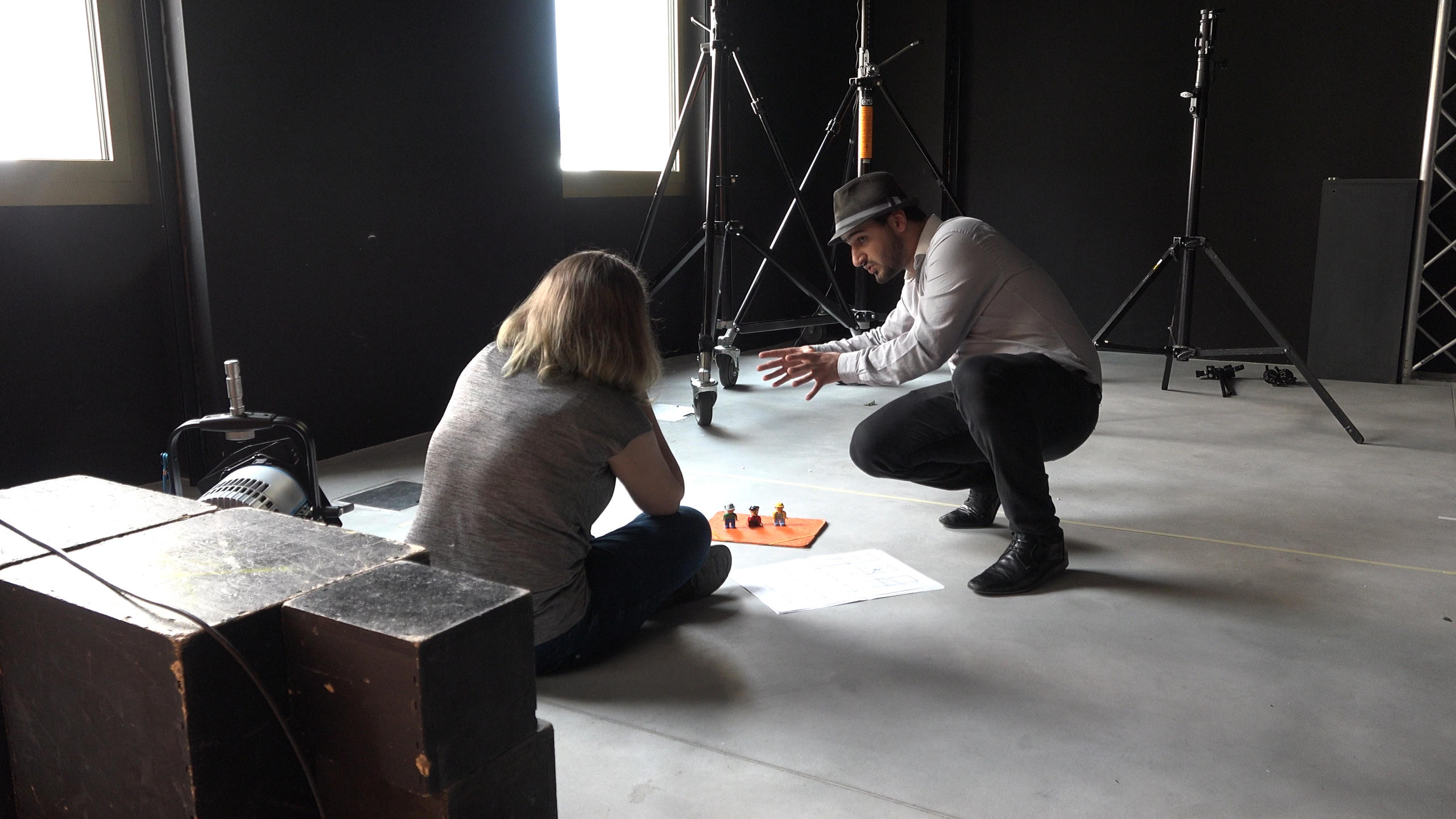
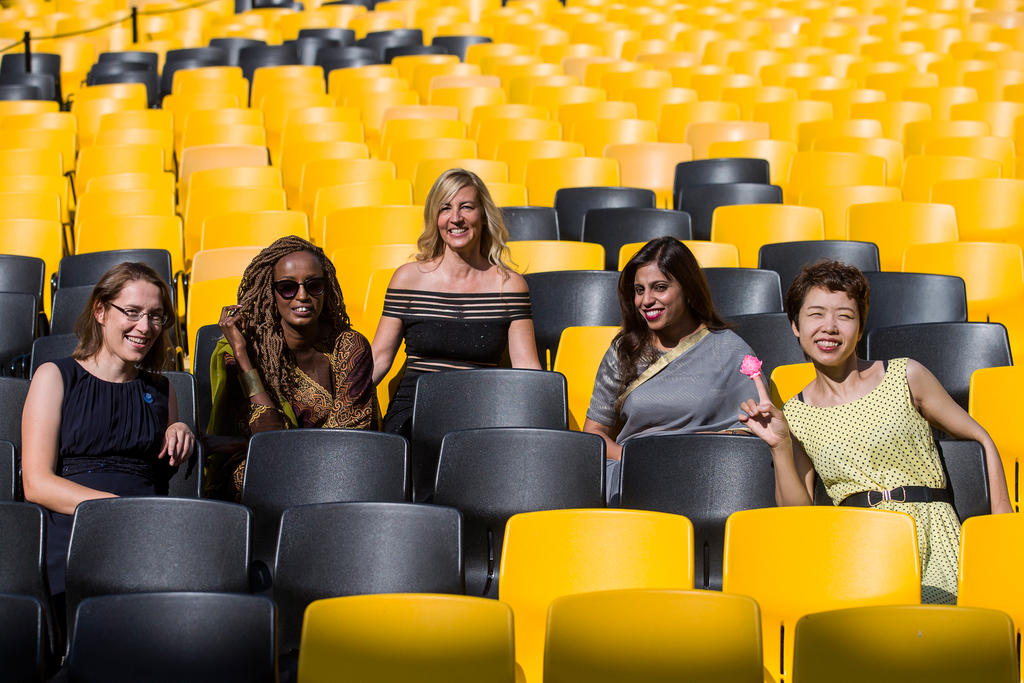
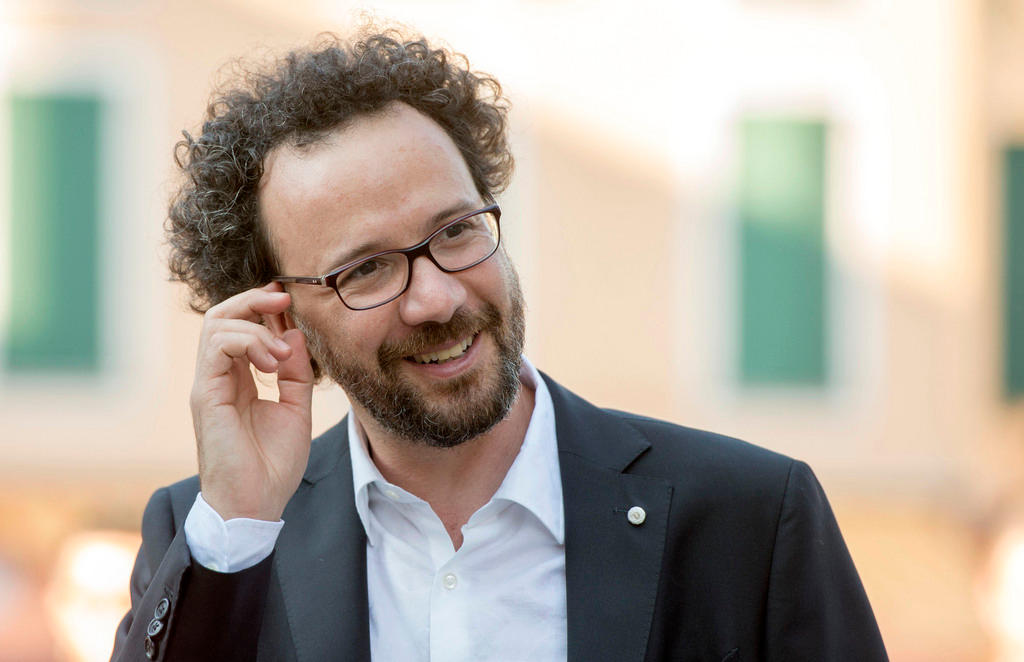
You can find an overview of ongoing debates with our journalists here. Please join us!
If you want to start a conversation about a topic raised in this article or want to report factual errors, email us at english@swissinfo.ch.